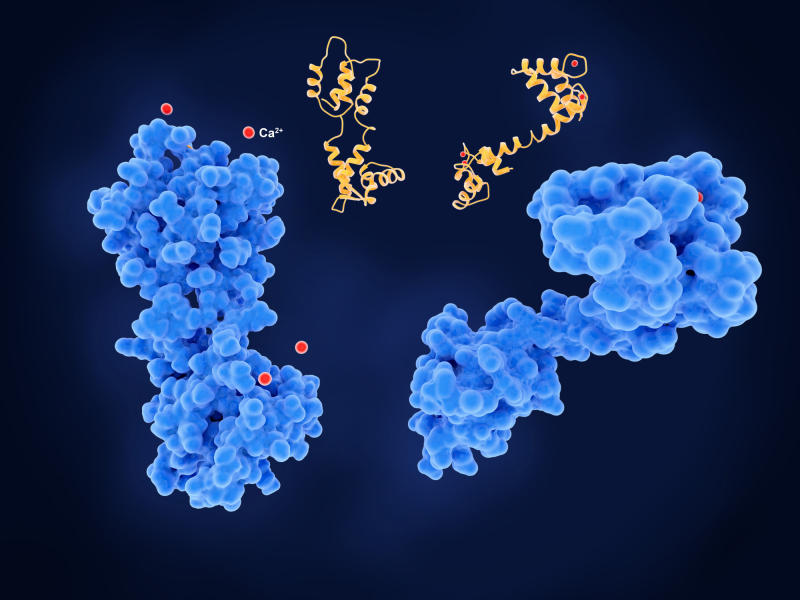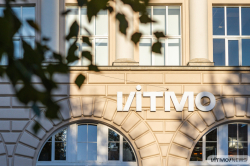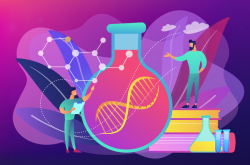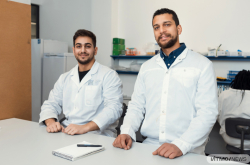Molecular machines are biological structures that can quickly and precisely complete crucial tasks within cells, helping them react to external stimuli and communicate with each other. They help synthesize DNA molecules, produce energy, and contract muscles. One example of such a machine are enzymes that catalyze chemical reactions. Although molecular machines were invented by nature, scientists work on creating their artificial counterparts that could be capable of performing precise manipulations with molecules (including DNA, RNA, and proteins), regulate cell metabolism, or edit the genome.
However, directed development of molecular machines is a complex task: though there is a great amount of targeted findings, there is still no unifying theory for them. The new ITMO lab is meant to facilitate the development of such nanodevices. On the team is Nikita Serov, the head of the lab and a junior researcher at ITMO’s ChemBio Cluster, as well as Master’s students of the program Chemistry and Artificial Intelligence and Bachelor’s students from across the country.
“At the lab, we aim to develop a suite of tools based on AI, data science, and computational methods, that will be able to create molecular machines for applied purposes. In the future, we also want to build a “Lego” system for molecular machines: it will search and create specific individual modules. Moreover, this system will include methods of assembling molecular machines with preprogrammed behaviors,” shared Nikita Serov, the head of the new lab.
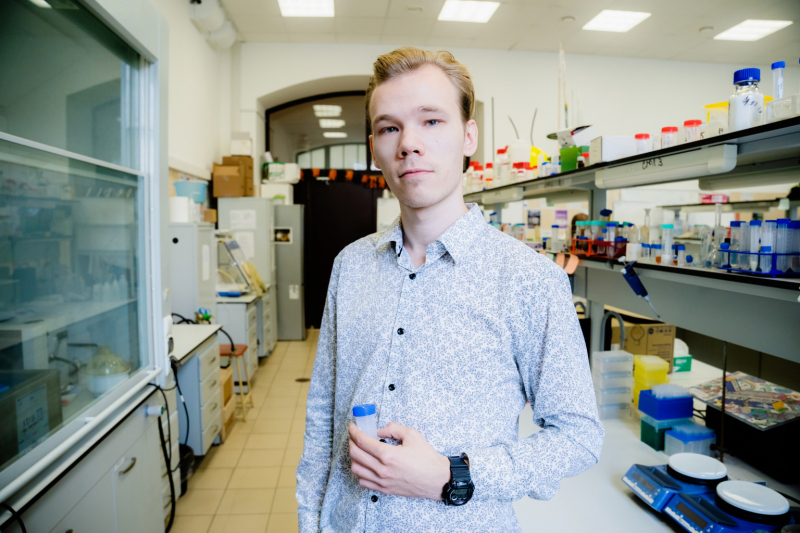
Nikita Serov. Photo by ITMO.NEWS
Another focus of the lab is “turnkey enzymes:” the researchers plan to apply generative neural networks and evolutionary algorithms to reassemble natural molecular machines for specific medical and biotechnology purposes. For instance, in case of generative design of catalytic and sensor DNA, this approach can help regulate cell metabolism and selectively detect disease markers in complex biological liquids.
Such tools are crucial for developing point-of-care diagnostic systems. Moreover, the lab is developing a recommendation system that doubles as a small RNA modifier for a more efficient exclusion of genes during disease treatment.
Yet another field the lab will target in terms of fundamental parts of molecular machines is “minimal enzyme.” Within it, the team is developing algorithms for detecting minimal catalytic modules, as well as a modifier algorithm that will ensure their structural independence. This way, it will be possible to connect modules in any order without diminishing their functionality.
Subsequently, the team is planning to discover the capabilities of hybrid molecular machines made from combinations of different polymers – proteins, nucleic acids, and lipids. The end product of all these endeavors will be a digital platform that brings together all the developed tools. Some of the algorithms will be available to non-specialists, who will be able to contribute to research by solving complex problems in an accessible format using the platform’s intuitive interface.
The launch of the laboratory is supported by St. Petersburg's Foundation for Support of Innovations and Youth Initiatives.
